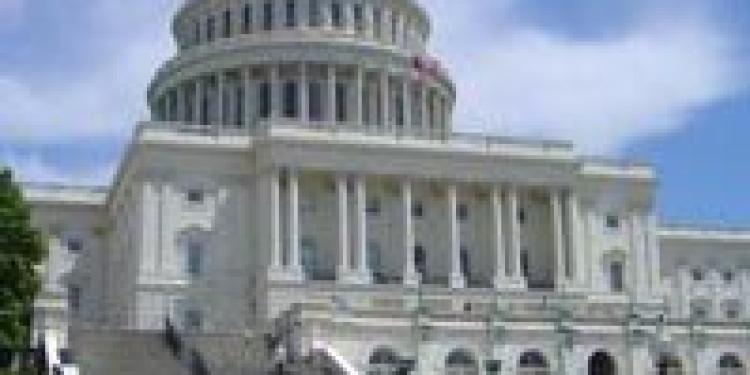Changing Policy on Online Gambling in the US
Posted: October 13, 2009
Updated: November 11, 2017
The United States Government had enough trouble when on-land institutions were all they had to worry about in terms of gambling.

The United States Government had enough trouble when on-land institutions were all they had to worry about in terms of gambling. The booming online gambling business has brought with it questions that today’s congressmen don’t know how to deal with. Initially, the whole idea of online gambling was condemned. In the light of a national economic meltdown, however, thoughts about online gambling in the United States are once again being brought to the table.
In 2006, the infamous Unlawful Internet Gambling Enforcement Act (UIGEA) was passed. This bill prohibited all bank transactions for the purpose of online gambling from taking place in the United States. The reasoning behind this bill was due to concerns about revenue in the US. One of the points in the act states that: “Internet gambling is a growing cause of debt collection problems for insured depository institutions and the consumer credit industry.”
As the US economy collapsed, congressmen started searching for ways to fill the widening budget holes. The success of online casinos and the money that runs through them has made them an easy target. As far as the men in the capitol are concerned, unregulated sites are just draining the US economy. Some efforts have been made to completely legalize and regulate online casinos, largely due to the fact that there is an estimated $12 billion in annual profits to be had by the national government on behalf of internet gambling.
Today, the Illinois Racing Board will meet to decide whether three companies will receive online gambling licenses. Illinois is one of the pioneer states heading towards the legalization of online gambling. If the decision today yields the licensing of the three companies, online gamblers may be able to legally gamble by this Wednesday.












